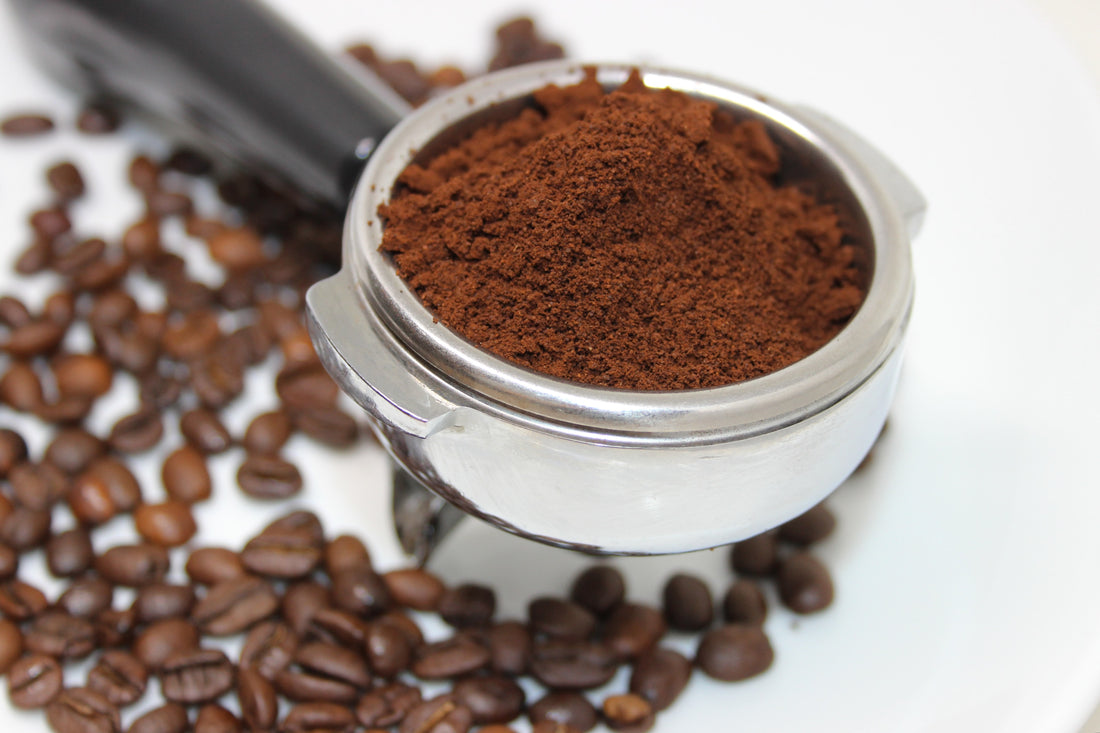By Angie Giulliana Rodriguez Pineda
Approximately, the world population drinks 2,250 million cups of coffee a day, which results in millions of tons of waste. The decomposition of organic matter generated by waste causes environmental problems such as the emission of methane, a gas 34 times more polluting than carbon dioxide. Taking into account the effects caused, it is essential to give waste a new functionality so that it can be reused.

Coffee waste can be obtained during:
•The collection stage: Where the seed of the coffee fruit is extracted and the other parts that compose it are discarded. Likewise, in the green fruits that fall and the plants that do not meet the selection criteria.
• The preparation stage : In the preparation of coffee, a filtration process is carried out to separate the grains from the soluble part. The product obtained from waste is called coffee grounds and is the raw material for the creation of renewable energy.

Currently, there are innumerable bioenergy projects where energy crops are carried out for the sole purpose of obtaining energy. The residual biomass is based on energy production from agricultural and industrial waste so as not to alter the balance of nature and, therefore, that the practice does not have repercussions against the environment.
Bioenergy is defined as a set of technologies to produce renewable energy from organic and industrial matter formed in some biological or mechanical process.
The process to transform coffee into biodiesel consists of three steps: first, the coffee waste is subjected to a vegetable oil extraction process , using hexane as the extracting solvent; Subsequently, the extracted oil enters an esterification phase to reduce the fatty acid content. Finally, a transesterification reaction is carried out using as reagents: the oil content extracted from the previous processes and alcohol to obtain biodiesel as a product and glycerin, as a byproduct.
The transesterification process can be understood through the following chemical reaction:

Among the outstanding projects is the alliance between the coffee sector in London, the startup Bio-Bean and the oil company Shell for the production of biodiesel from coffee , where each ton of waste was transformed into 200 liters of fuel to drive buses. Londoners in 2017.

Colombia is the third largest coffee producing country in the world, so it is viable to carry out coffee bioenergy projects where communities are integrated to create energy that represents a culture. Likewise, said raw material can be used for the manufacture of fertilizers, bioplastics, compost and as the main component of innumerable chemical products.
Transforming waste into profits is a way of turning problems into business opportunities and thus boosting economic development based on a circular economy model. Everything is constantly evolving, so it is vital that companies implement guidelines with a sustainable approach in order to preserve ecosystems and thus guarantee the survival of life on Earth.
About the author: Angie Giulliana Rodriguez Pineda, scientific researcher with the desire to change the world. He has written articles related to the implementation of solar panels, turning plastic back into energy, manufacturing energy on Mars, and carbon dioxide capture and storage techniques. In 2020, she was nominated by the SPE organization, which rewards women who investigate. Last but not least, she is the creator of the "Divaga" project, notebooks to motivate women to discover the world.



